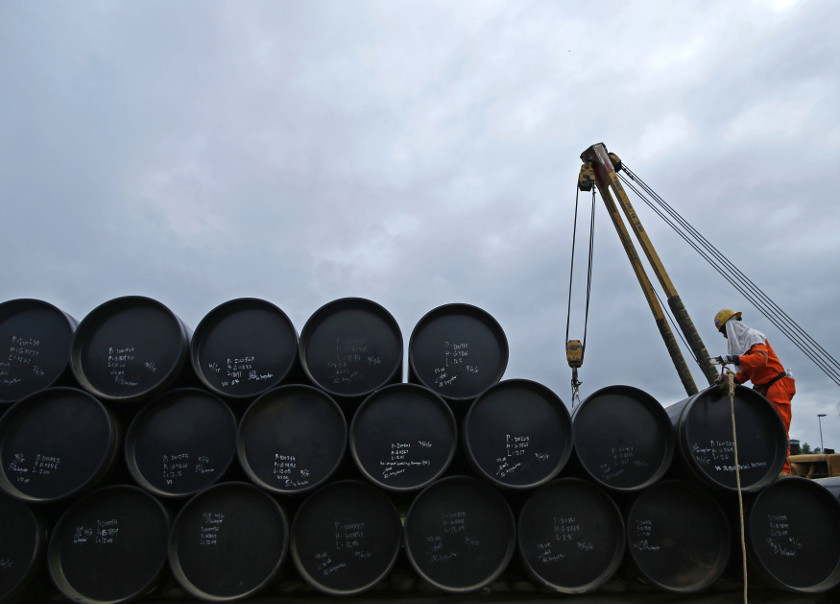KOTA TINGGI, Feb 28 — State oil giant Petronas’ flagship project in Johor’s south-eastern tip of Pengerang has become a life raft for many oil and gas workers as contracts and new job opportunities dried up across the board over the past year.
The building of a new oil refinery and petrochemical plant, for which work started in 2012 and started picking up pace beginning last year, has taken in a growing number of oil and gas workers from all over the country.
“I took a pay-cut to work in Pengerang. It was either this or nothing at all for me,” said Thilak Jaganathan, a 28-year-old safety inspector.
Thilak left behind a job in Klang in 2013 in order to begin freelancing while upgrading his qualifications that would then enable him to command higher salaries.
He travelled to several different oil and gas sites in Malaysia, including to East Malaysia, before the jobs started drying up last year.
“I used to have a new job contract lined up every time an existing one finished. My contracts normally lasted between three to six months. But last year, there were stretches of months where I didn’t have any jobs lined up,” he said.
Eventually he decided to join Pengerang in late 2015 on a long-term salaried contract, taking a pay-cut from what he used to earn while he was freelancing.
“I will have to be here until the oil price recovers,” he said.
Mohd Syaiful Bahari, an engineer, used to work offshore at oil refineries but had to finally settle for an onshore job.
“There were no more offshore jobs that were consistent so I had to come to Pengerang,” he said.
Offshore contracts are known to be lucrative for oil and gas engineers who can earn north of RM10,000 a month every time they work on an oil rig. However, falling crude oil prices has made exploration expensive for oil and gas companies over the last year.
Mohd Faizuakma Salleh, 29, also came to Pengerang after offshore jobs dried up in the East Coast and took a pay-cut in the process.
“The salary is not as good as what I used to earn elsewhere, but this is where we all need to work to keep things going until the oil prices look good again,” he said.
On average, the oil and gas engineers and inspectors who end up in Pengerang are earning at least 30 per cent less than what they used to before the oil crisis hit.
The Refinery and Petrochemical Intergrated Development (RAPID) project in Pengerang spearheaded by the national oil company is a 20-year project that aims to make Pengerang a regional oil and gas hub by 2035.
The first phase, currently underway, is expected to be completed in 2019. The first phase will involve 38 per cent of the 20,000 acres of land on which the project is being built.



















